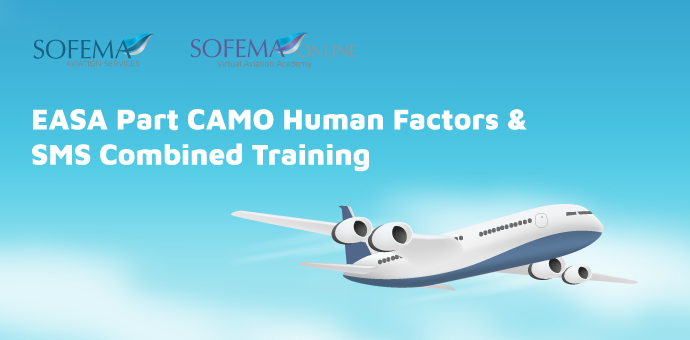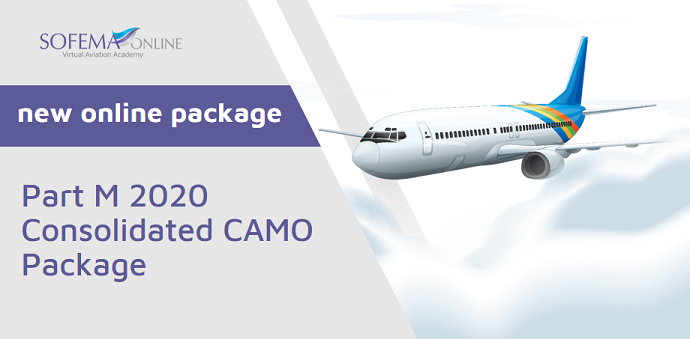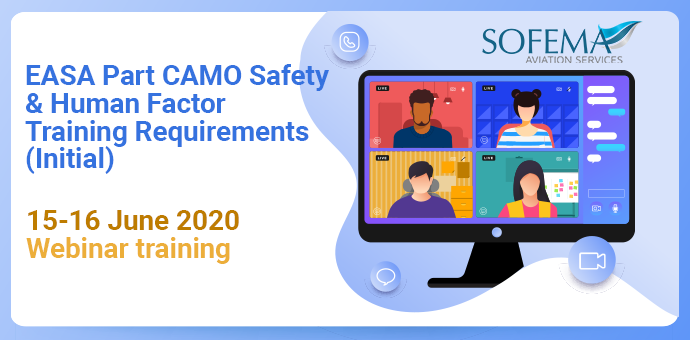EASA Part CAMO Human Factors & SMS Combined Training
read more
SofemaOnline (SOL) www.sofemaonline.com – answers the following questions related to EASA Part CAMO HF & SMS training Why is EASA CAMO Human Factors Training 3 days when for EASA Part 145 HF Initial is typically only 2 Days? What Makes EASA Part CAMO HF Training Different from EASA Part 145 Training? Is Part CAMO Human Factors &…






